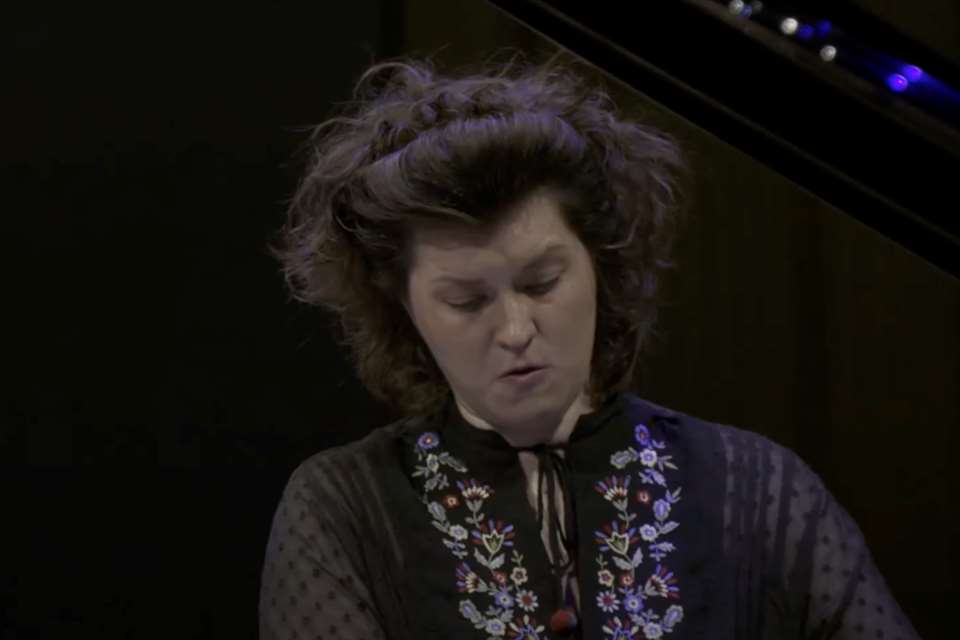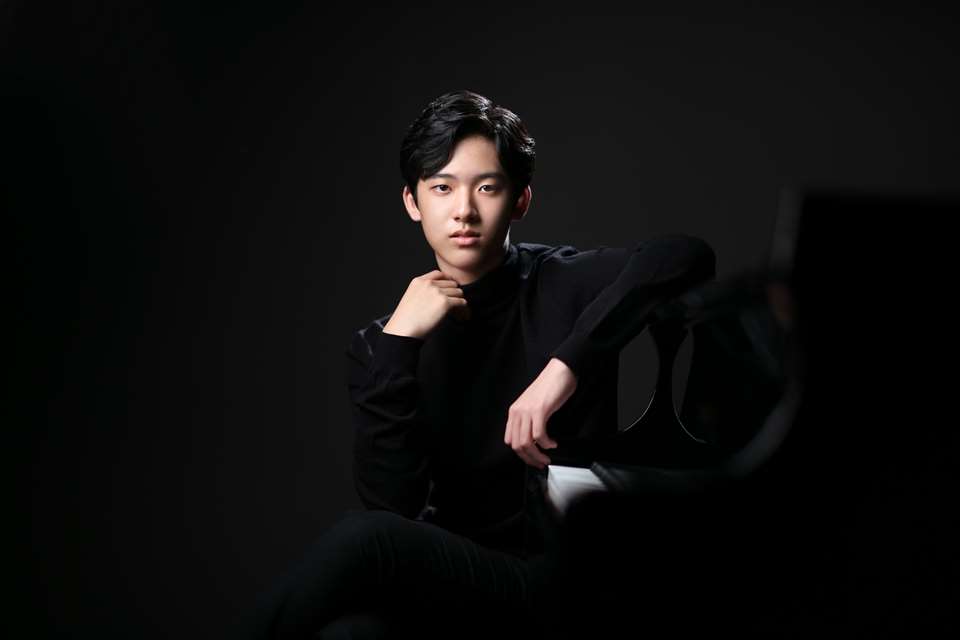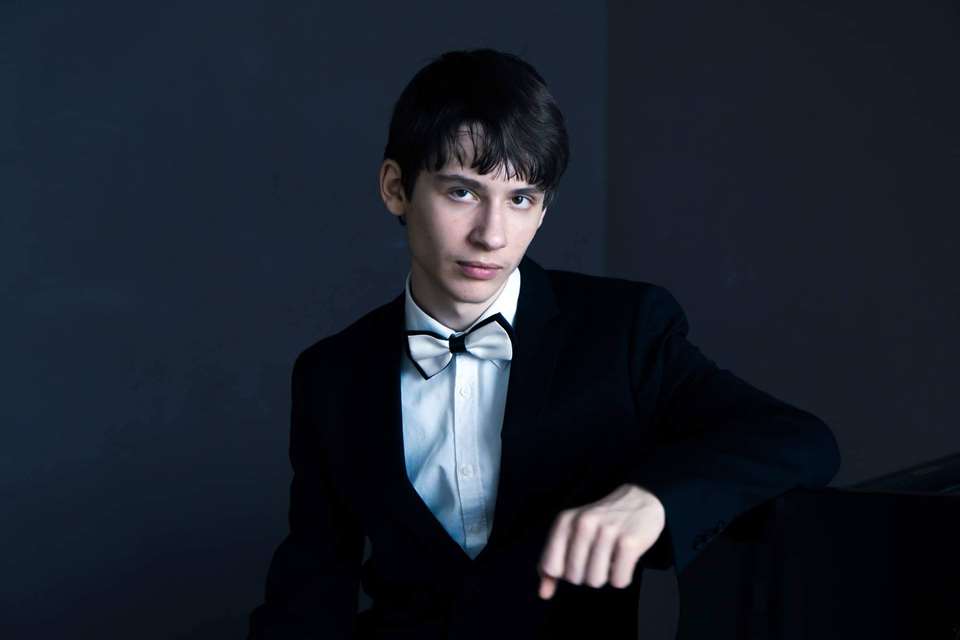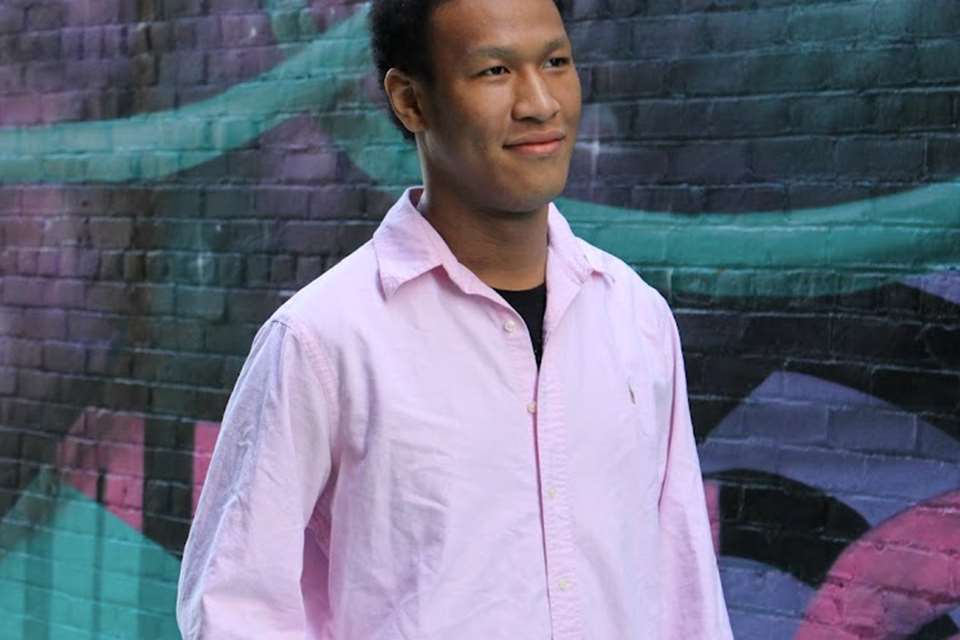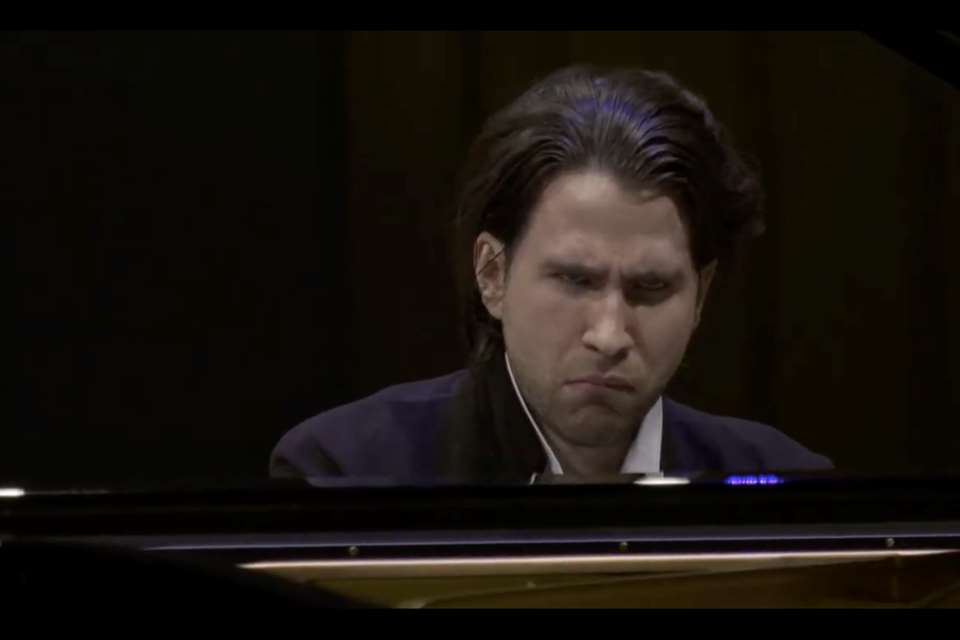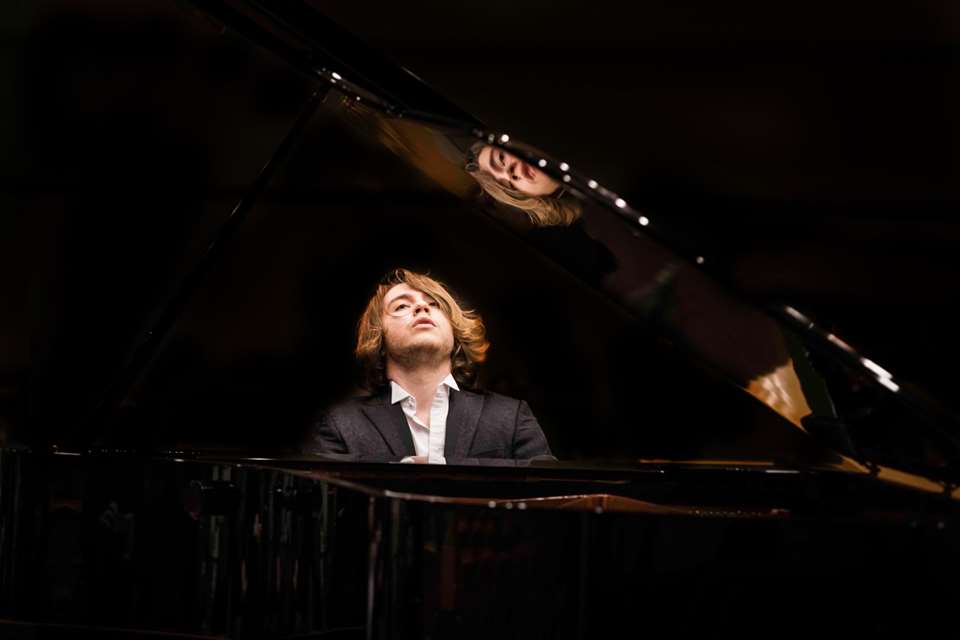Jed Distler’s Cliburn Blog No 6: the Quarter Finals wind down
Wednesday, June 8, 2022
Follow the prestigious competition with our daily coverage
Marcel Tadokoro’s cultivated Couperin playing in the Preliminaries made me want to hear more. My wish came true in his opening Quarter finals selection, La visionnaire, where, once again, the pianist’s refined embellishments and affinity for the idiom gave this slightly fatigued blogger a gentle jolt. He made a cogent and compelling case for Szymanowski’s Variations in B flat minor, Op 3, which, for once, did not come across as musically elusive and pianistically overwritten. Over the past decades, pianists like Ivo Pogorelich, Herbert Schuch and Benjamin Grosvenor have raised Gaspard de la nuit’s bar for lightness and speed in the outer movements, inspiring many competitors to follow their lead. By contrast, Tadokoro honoured Ravel’s elaborate expressive directives by applying a seemingly infinite palette of nuance and tonal shadings to steady tempos, very much in the mould of Arturo Benedetti Michelangeli’s classic 1959 BBC recording. I suspect that Tadakoro’s Gaspard helped propel him into the semi-finals.
Federico Gad Crema devoted his full Quarter final segment to Chopin’s 24 Preludes, Op 28. It was a risky move for a pianist who likes to dare and explore, and sometimes his impetuous qualities got the better of him, such as in his aggressive jaunts through the G major, F sharp minor, E flat minor and B flat minor miniatures. By contrast, his protracted D flat and A flat Preludes stopped too often to smell the proverbial roadside posies. One certainly didn’t get a feeling of continuity and inevitability, despite hundreds of arresting local details. Conversely, more wildness, diversity of character and volatility of mood would have elevated Honggi Kim’s Schumann Carnaval from impeccably conventional to transcendentally Schumannesque. Similar security and water-tight preparation informed his performance of Liszt’s Hungarian Rhapsody No 9, yet it lacked the abandon and over-the-top rhetoric that distinguishes natural Lisztians from the majority of pianists, or, to paraphrase my middle-school physical education coach, separates ‘the men from the cupcakes’.
Kate Liu’s Beethoven Piano Sonata No 31, Op 110, peaked in her spaciously sung-out third movement, not to mention the fugal sections’ organic ebb and flow; her interpretation dug deeper than Yutong Sun’s. At first I had doubts about her dour and heavy-going playing of Franck’s Prelude, Chorale and Fugue, but after the first two movements the Fugue came wonderfully alive, notwithstanding tiny struggles in climaxes. Although Jinhyung Park’s Brahms Handel Variations had its fair share of generic ritardandos and tenutos, one must credit his adjustments of emphasis and balance on the repeats.
Dmytro Choni came into his own in the Quarter finals, building upon his fine Preliminary showing. He goes way beyond just playing the notes of Prokofiev’s Sarcasms, while his Debussy ‘Et la lune descend sur le temple qui fut’ from Images Book II and L’isle joyeuse fused colourful allure and palpable rhythmic backbone. Many years ago the late Earl Wild told me that he conceived Liszt’s Dante Sonata in terms of orchestral foreground and background, as opposed to a huge octave étude. As such, he would have appreciated Choni’s like-minded aesthetic as much as I did.
Changyong Shin’s Quarter final programme also displayed a higher degree of power and personality. His interpretations of Beethoven’s Piano Sonata No 28 in A major, Op 101, has tightened and matured since his Steinway & Sons recording, especially in the second-movement march’s awesomely executed and voiced wide leaps and attention to Beethoven’s signature subito dynamics. Shin’s exciting Rachmaninov Second Sonata aligned more with the febrile Horowitz and Weissenberg recordings than the other performance’s we’ve heard so far in this year’s Cliburn competition.
Ilya Shmukler’s finest playing in his best Quarter final programme came in his forthright Medtner Sonata reminiscenza and Scriabin B minor Fantasy (a tauter reading than Federico Gad Crema’s in the Preliminary round); but it generally lacked repose and sensuality in Debussy’s Images Book I. Yunchan Lim’s concluding Quarter finals set offered stimulating programme-building, starting with a strong and dynamic Bach three-part Ricecare from The Musical Offering. His Scriabin Second Sonata had everything: nervous energy, surging drama, harmonic tension and plain old ecstasy. Although Lim sometimes pushed Beethoven’s Eroica Variations ahead like an unbridled puppy, his captivating performance communicated energy and joy at all times.
On to the Semi-finals … we don’t have to wait long.
Post script
The Semi-finalists have been announced:
Dmytro Choni, Ukraine, 28
Anna Geniushene, Russia, 31
Masaya Kamei, Japan, 20
Uladzislau Khandohi, Belarus, 20
Honggi Kim, South Korea, 30
Yunchan Lim, South Korea, 18
Jinhyung Park, South Korea, 26
Changyong Shin, South Korea, 28
Ilya Shmukler, Russia, 27
Clayton Stephenson, United States, 23
Yutong Sun, China, 26
Marcel Tadokoro, France/Japan, 28
To watch more videos of the performances discussed above, visit the Cliburn International Piano Competition website: cliburn.org
Gramophone is a Media Partner of The Cliburn International Piano Competition




